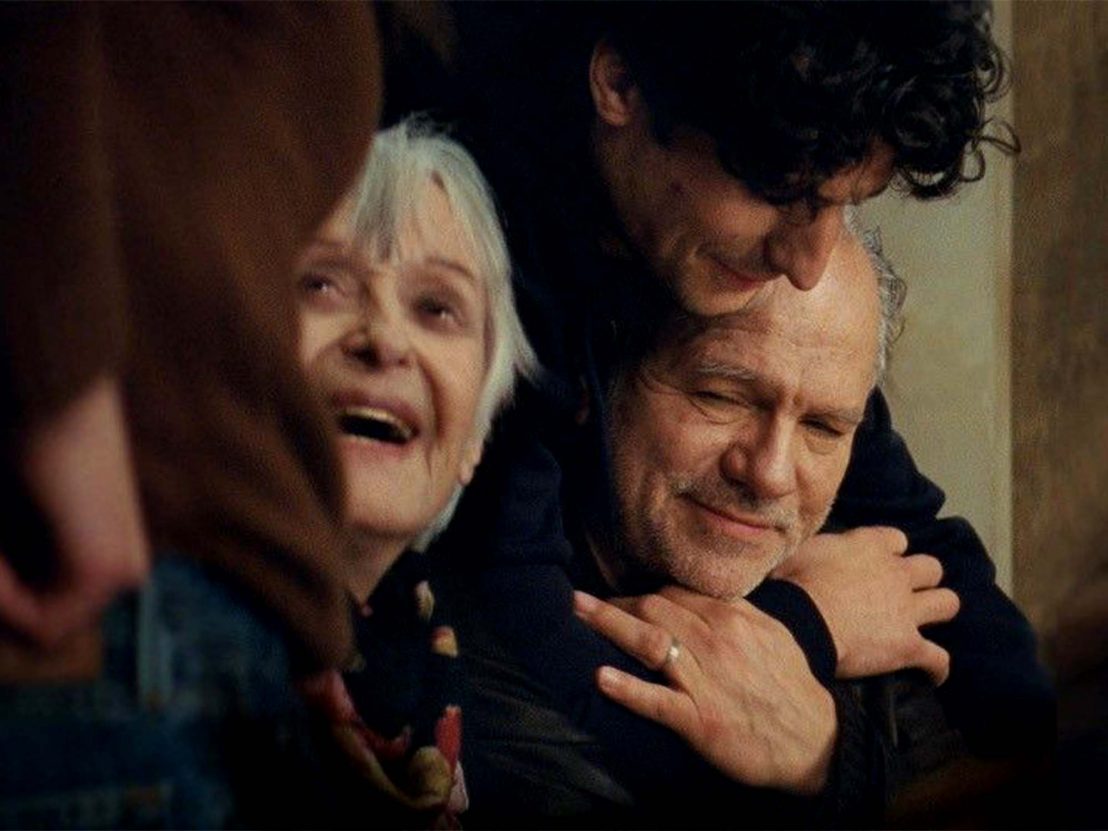
Philippe Garrel enlists his three children for this family affair, in which a family of artistic puppeteers grapple with their patriarch's passing.
The puppet has long embodied ideas of life and death, the visible and the invisible, body and soul. In Plato’s Allegory of the Cave, a group of prisoners trapped in a cage makes sense of their sensory-deprived world through the shadows of puppets on the stony walls of their entrapment. The puppeteer, then, holds the power to construct and destruct reality, manipulating the prisoners’ perception of the world at their will.
In Philippe Garrel’s The Plough, the unnamed Father (Aurélien Recoing) is both a literal and metaphorical puppeteer. Literal in a sense he is in fact an enthusiastic puppeteer and the head of a successful touring theatre company, and metaphorically because he is the builder whose hands have shaped the world of his three kids, who have all grown to join him in his craft.
The children are Martha (Esther Garrel), Léna (Léna Garrel) and Louis (Louis Garrel), played by the French filmmaker’s real-life offspring. They are together onscreen under their father’s direction for the very first time in Garrel’s almost sexagenary career, with the director swiftly threading the blurred lines between fact and fiction to weave a nuanced exploration of the dichotomy between legacy and vocation. This chasm is examined by Garrel both in and out of the diegesis, his presence ever-lingering.
Parallel to the main quartet is a handful of endlessly charming satellite characters, from the spirited grandmother (Francine Bergé) who serves as a nifty connector to the romantic idea of heritage, to Louis’ best friend Pieter (Damien Mongin), a tortured aspiring painter turned surrogate sibling. The eclectic bunch comes in and out of a large townhouse nested in the bucolic suburbs, sharing bread and burdens with the loving spiritedness that sprawls from intimate camaraderie as they make their way to and from the rococo castelet that gives the film its name.
When tragedy comes knocking, the trio of siblings, much like the prisoners in Plato’s tale, is confronted with the sight of a world previously obscured. And, much like the prisoners in Plato’s tale, become aware of the power — and the pain — that comes with free will. Out of the nest they go, stumbling as newborns but never destitute, finding each other and others anew, falling in and out of love with people and dreams and life. As the outside seeps in, the wooden foundation of the stage they once shared becomes kindling for the fire that burns away at a bridge they will never cross again.
As in much of Garrel’s work, The Plough strips down its characters to the bones of the archetypal. Rooms contract in intimacy and expand in possibility as the siblings rediscover one another once freed from the shackles of expectation. They are as malleable as the hollow-cored puppets, messy and witty and whole, life and death, the visible and the invisible, body and soul.
Little White Lies is committed to championing great movies and the talented people who make them.
Published 22 Feb 2023